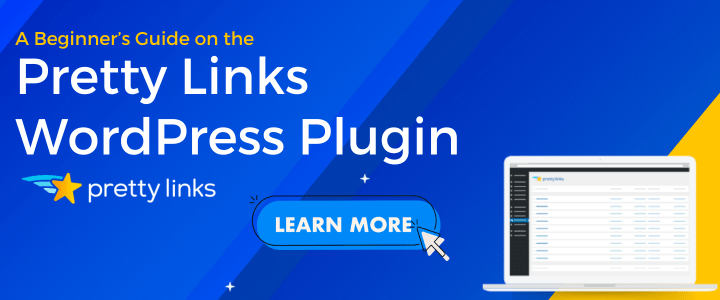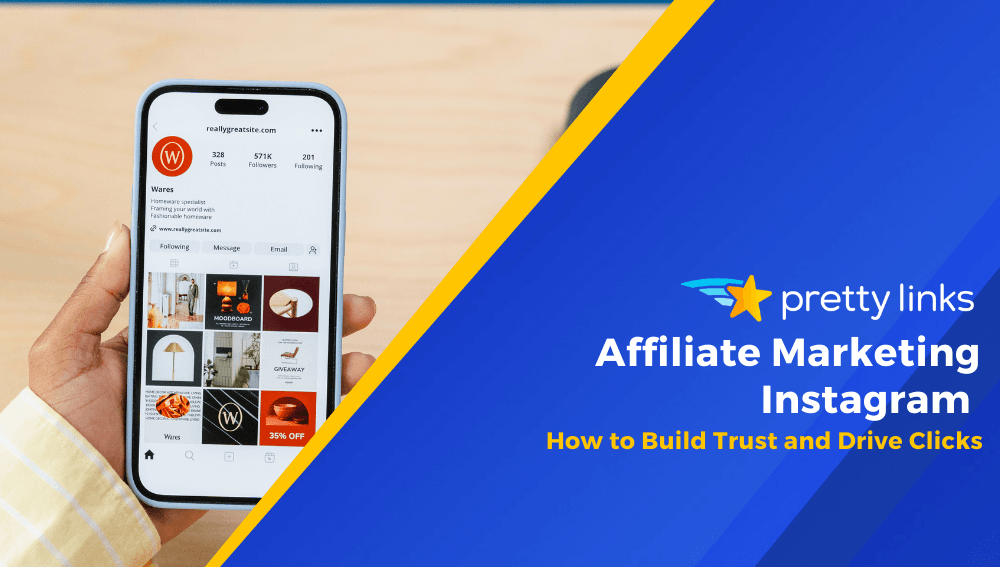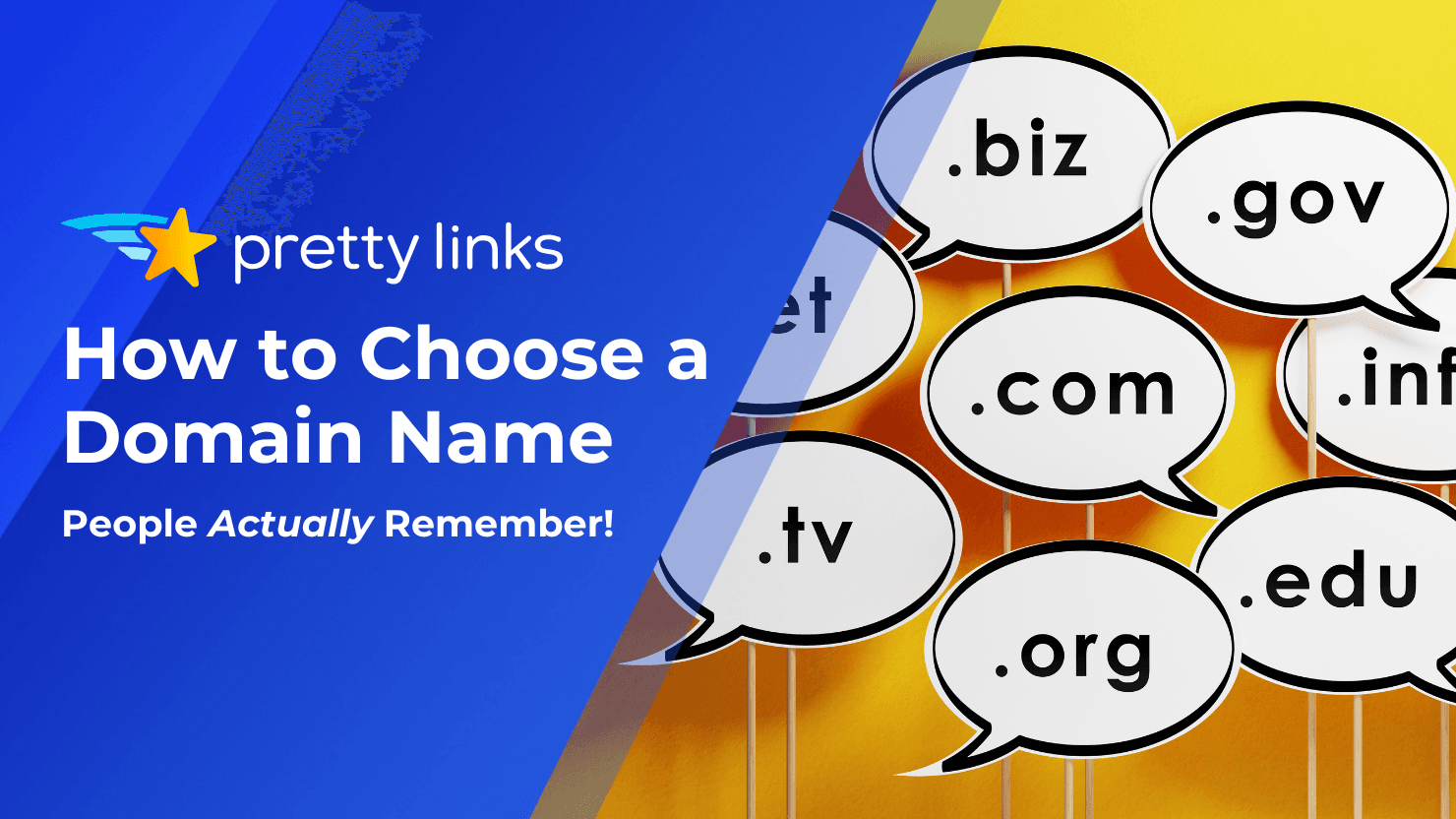Contents
Ever since Google shut down its goo.gl service, it’s fair to wonder what the future of link shortening holds. In other words, is URL shortening still relevant in web design and online marketing?
Despite the fact that some are keen to write link shortening’s eulogy, it’s still a vitally useful element of online marketing. While the technique has evolved considerably since the first redirection service opened its doors, there are a number of reasons it’s well worth using in your own campaigns.
In this post, we’ll discuss the history and current state of link shorteners. We’ll also try to answer the question of whether these tools are relevant for modern web use. Let’s get to it!
A Brief History of Link Shortening
It seems unclear exactly when link shortening as we know it today was first conceived, and who can lay claim to being its inventor. A patent was filed back in 2000 for “a system, method, and computer program product for providing links to remotely located information in a network of remotely connected computers”, which some see as the forefather of URL shortening.
Regardless of whether this was the actual starting point, link shortening tools definitely took off in the early 2000s. Initially, they were simply used to shorten links and make them easier to remember and share with others. However, over the years their usage expanded. For instance, one of the greatest leaps forward was the advent of tracked shortened links, which let you view exactly how many times a particular link had been clicked on (along with details about where and when the click happened).
This, along with several other additions to the link shortening formula, made it a popular tool for many designers and marketers. The question now is whether or not this technique still has a place on the modern web.
The Current State of Link Shortening
Over the past few years, several events occurred that have led some people to question whether link shortening is now ‘dead’. First, Twitter announced that it would no longer count URLs as part of a tweet’s length, which eliminated one of the reasons to shorten links. Then, one of the most prominent link shortening services in the world, goo.gl, recently shut its doors.
While these events could be interpreted as signs that link shortening is no longer relevant, the reality couldn’t be more different. In fact, URL shorteners have come a long way since the days of simple redirection. Even if there’s no longer a need to cut links down to size for sharing on social media, there are still many reasons link shortening remains viable and hugely useful.
Why Link Shortening Is Still Relevant Today
To cut a long story short, link shortening is not dead, it’s just evolved. For example, goo.gl may have been closed, but that was actually done in favor of the even more advanced Firebase Dynamic Links service. In addition, many of the most helpful uses of shortening links are still very much relevant.
As we mentioned earlier, shortening your links enables you to track every single click. This gives you invaluable information on your links’ performance, which you can use to optimize both your links and your content. You can easily find out which links are catching people’s attention, for example, and which ones need a different approach to be successful.
Link shortening also enables you to create branded URLs. This may seem like a minor concern at first, but there’s a reason many of the world’s largest brands use vanity URLs in their marketing. This functionality enables you to present your URLs in a highly memorable way, to improve trust in them, and to strengthen your online brand.
While these are the most prominent advantages to using link shortening services, they’re far from the only ones. There are actually a number of other benefits that are seldom discussed but relevant all the same. For instance, shortening your URLs also makes it much easier to diagnose and fix broken links.
The reasons for creating shortened links haven’t gone away, they’ve just changed from the motivations of the 2000s. In reality, link shortening still provides a number of unique and massively useful benefits. As such, we have every reason to confirm that it maintains a vital role in branding, marketing, and web design today.
Conclusion
Is link shortening dead? Some people seem to think so, having written off the concept as something from a bygone era of the internet. However, the reality is that link shortening may have changed a lot over the years, but it’s still a useful and important part of online marketing, especially in a time of greater sharing through social media and other channels.
In this article, we’ve made the case that link shortening remains a viable tool for marketers and web designers alike. For example, the ability to track your links provides you with invaluable information on how they’re shared and whether they result in conversions. You can also use branded URLs to create unique, pretty links that are memorable and catch people’s attention right away.
Do you have any questions about link shortening, and how it can be useful in your own marketing campaigns? Let us know in the comments section below!









Leave a Reply